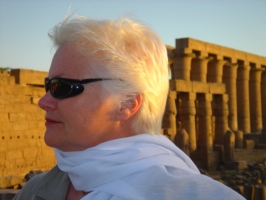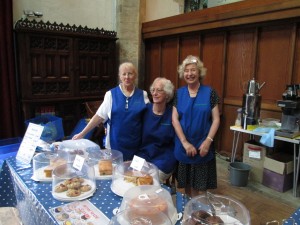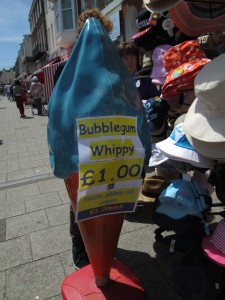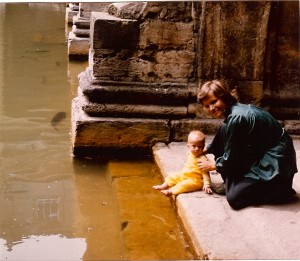Death was lonely
So he put an ad in the paper, saying about himself,
“Loves to travel and meet new people.â€
And she arrived at the coffee shop for their first meeting
160 pounds of giggle stuffed into her 5 foot 1 inches
A headful of yellow curls and her mother’s recipe for deep-dish cherry pie:
Just what he needed. (Continued)
-
‹ Home
Contents
-
Categories
-
Tags
-
Archives
- January 2023
- December 2022
- October 2022
- December 2017
- April 2016
- June 2014
- May 2014
- September 2013
- April 2012
- January 2012
- December 2011
- September 2011
- December 2010
- June 2010
- March 2010
- December 2009
- November 2009
- August 2009
- July 2009
- June 2009
- November 2007
- October 2007
- September 2007
- August 2007
- January 2007
- December 2006
-
RSS Feeds
-
Meta





 Anne Hathaway’s cottage lies amid gardens and fields of roses, rushes, lavender, and delphiniums, in Shottery, about a mile outside Stratford-upon-Avon’s city center. Lovely willow trellises line the walks of the cottage (actually a rather substantial farmhouse), covered with all manner of winding tendrils of vine and vegetable. And a fine tearoom across the street serves sandwiches, cream teas, and ghost stories. I believe Anne’s family house is a more beautifully floral and satisfying tourist experience than her husband William Shakespeare’s birthplace in the town center of Stratford.
Anne Hathaway’s cottage lies amid gardens and fields of roses, rushes, lavender, and delphiniums, in Shottery, about a mile outside Stratford-upon-Avon’s city center. Lovely willow trellises line the walks of the cottage (actually a rather substantial farmhouse), covered with all manner of winding tendrils of vine and vegetable. And a fine tearoom across the street serves sandwiches, cream teas, and ghost stories. I believe Anne’s family house is a more beautifully floral and satisfying tourist experience than her husband William Shakespeare’s birthplace in the town center of Stratford.

